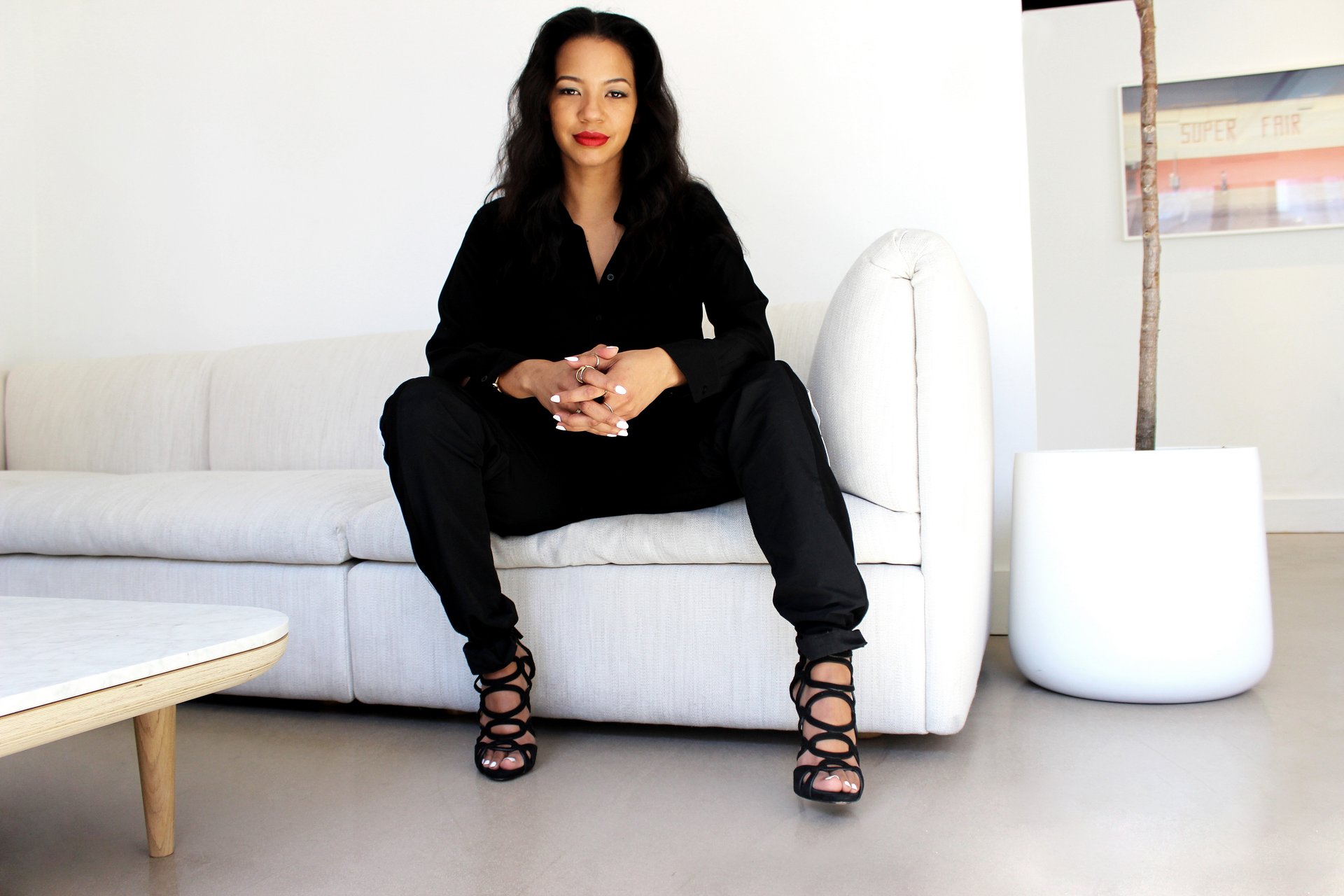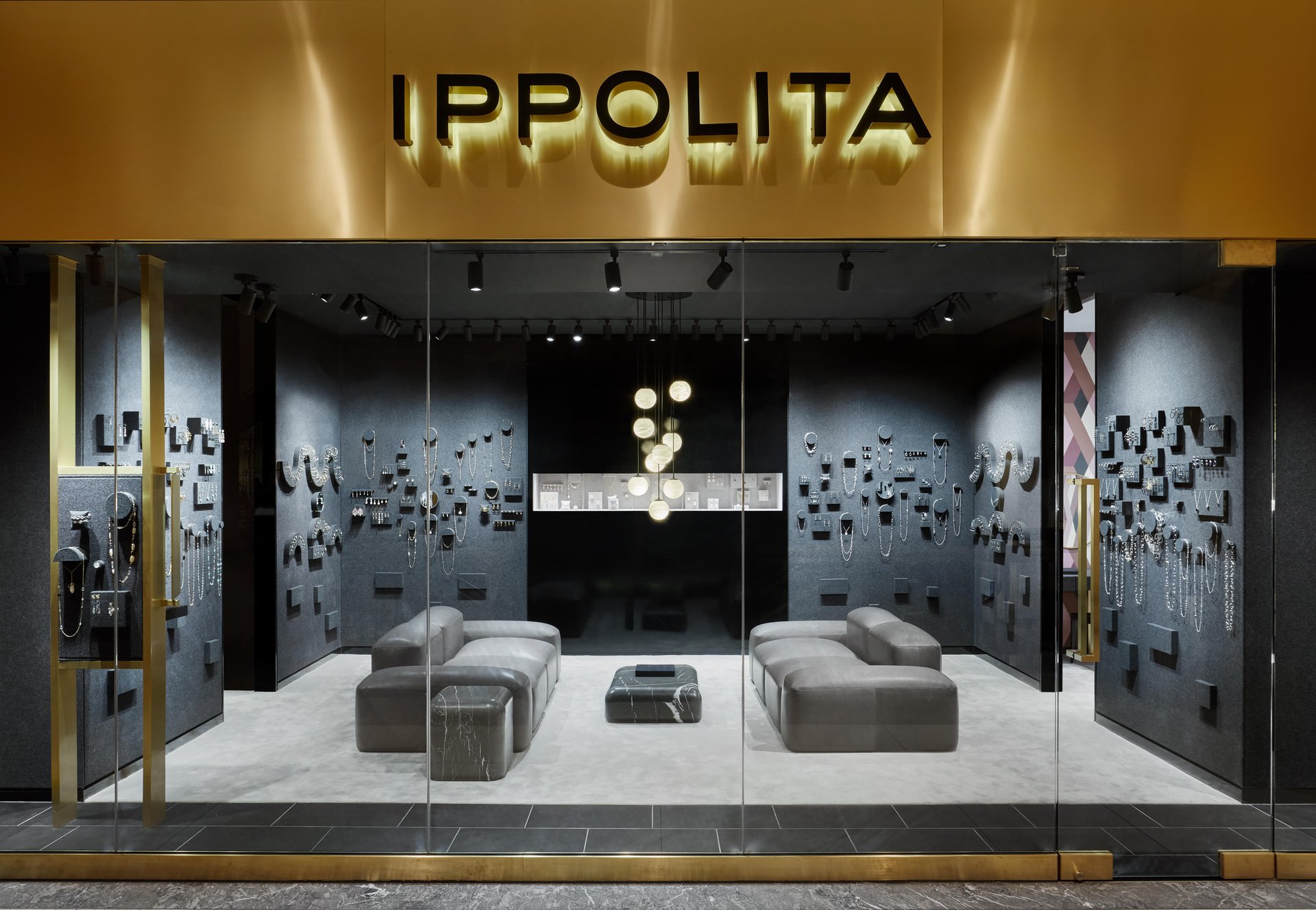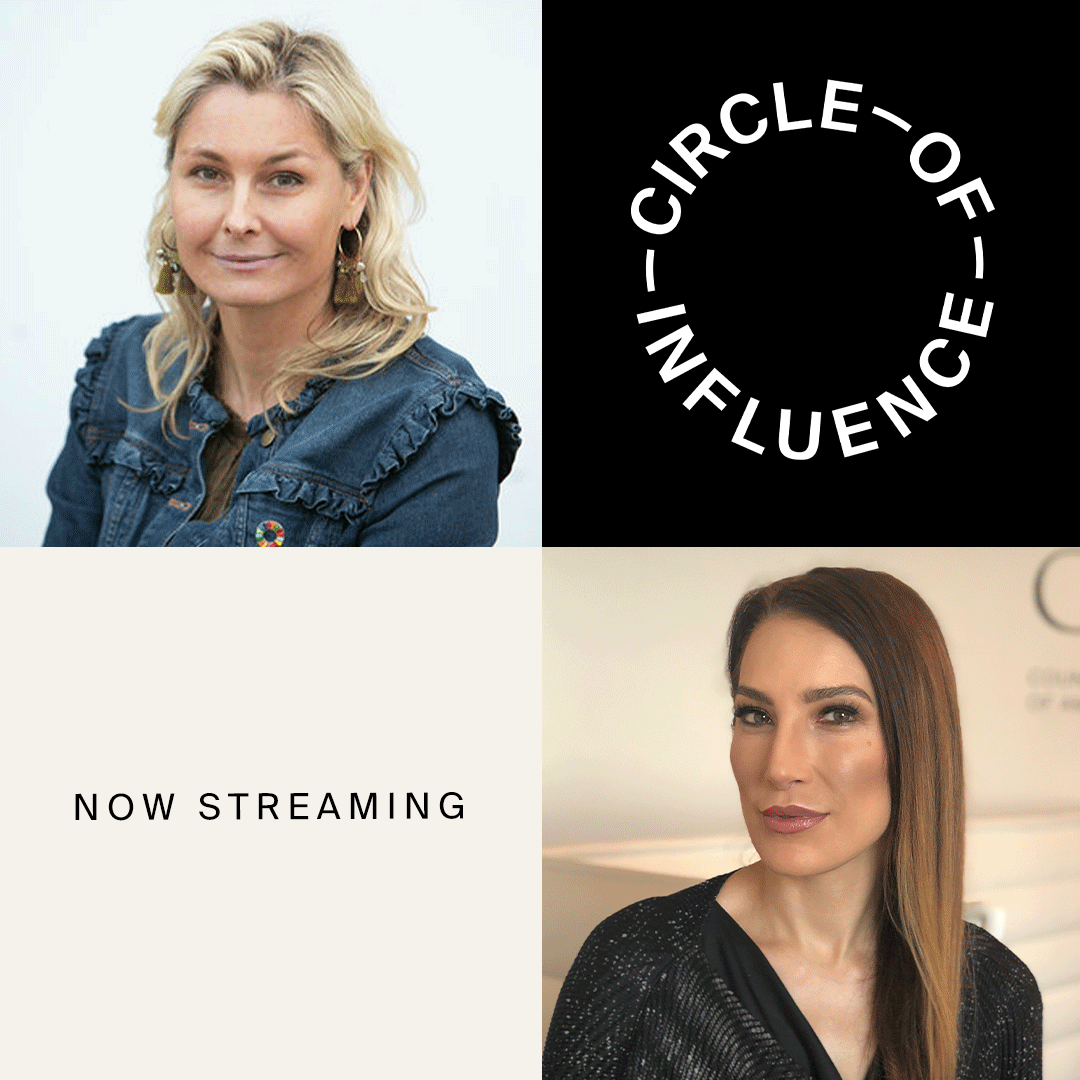Brittney Escovedo: The Beyond 8 Founder on Family Influence, Relationships & Betting on Yourself
December 10, 2020
Rashad Benton


How many have parents in both the STEM and creative sides of life?
For Brittney Escovedo, the mix has been part of her reality since the day she was born. Her mother and grandmother found happiness in the world of healthcare; her grandfather is Mexican American percussionist Pete Escovedo, her father Juan Escovedo, a musician who’s toured with MC Hammer. Then there is her aunt, Sheila E – you know, The Glamorous Life singer who worked with Prince. Brittney’s formative years were spent in the Bay Area around entertainers and entertainment, but her story of figuring out life and her place in it couldn’t be more relatable.
Her story is one of trial and error and how that helped her find the way through several career attempts, and how one internship led her back to her roots as she found love for the art of entertainment and event production.
Early on, she worked in production at Seventh House PR followed by a stint at Sydney Reising Creative. From there, she moved to Factory PR, where she grew business, secured new clients, and honed her skills as an event producer. She founded Beyond 8, an Experiential Event Production and Brand Strategy Agency based out of Brooklyn, N.Y., that has produced events for Gucci, BAPE, H&M, Complex, Puma, and Motown Records. If you’ve ever been to Culture Con or seen one of Kerby Jean-Raymond’s Pyer Moss shows, you’ve seen Brittney Escovedo’s work and are already aware of the magic she can create.
I read in a Forbes article that you studied fashion design at the Art Institute in San Francisco while working in healthcare. Can you take me down the road where you transitioned from those fields into event production?
When I was 13, I started working in the hospital with my grandmother, who was in charge of the anesthesia department at Kaiser Oakland. The department had a summer youth program meant for those 16 and up, but since my grandmother was in charge, I started a few years early. It’s worth mentioning my mother also worked in healthcare, so being around them both naturally had its own influence. My grandmother actually wanted me to be an anesthesiologist; I entertained the idea for a while until realizing how long it would take. I thought maybe I’ll become a CRNA, but that was still too much school, so I said I’ll just be a registered nurse – but once I was rejected from the one nursing school I wanted to attend, Samuel Merritt University, I knew it was a sign that I needed to pivot.
I decided to go to school for fashion design. Fashion design isn’t an expected career path to take, at least not from my family’s standpoint. I was worried my mother and grandmother wouldn’t understand it, but I persevered and obtained my bachelor’s degree from the Art Institute of San Francisco. While in school, I realized that I was fantastic at the technical aspect of design, construction, pattern making, and sewing. It was the thought of genuinely being innovative and having the real creativity that you need as a designer to compete at the level of Valentino, Chanel, or Dior that I knew I didn’t have and wasn’t in me.
In 2009, I landed an unpaid internship at Seventh House PR in LA, hoping to get to New York, and ideally getting me to Paris. Amber Feld is someone I have to mention because she looked out for me, and I interned with Seventh House’s production team for two weeks. During that time, I had the chance to produce the event for Charlotte Ronson’s I Heart Ronson JCPenney collection at the Chateau Marmont where I finally realized I loved the field of production and that it was the area I wanted to work in. Two weeks later, I decided to move to NYC to start my life, and that experience was as New York as it comes – staying with friends and sleeping on their couches until you find your footing.
What real advice and tips would you give to someone looking to follow in your footsteps? Imagine someone walks up to you on the street or in a store and says I want to do what you do, what do you tell them?
I know it sounds cliché, but you really have to just start. When you’re starting out and don’t have any experience, you have to bet on yourself and put your ego and pride aside. You may end up working for free at first, but it’s in those moments where you show up and shine that you become memorable. It’s all about getting your foot in the door, and once you show that you’re valuable, opportunities will start knocking. Always remember, everything is based on your relationships, and you have to work to build those.
The name of your company is Beyond 8. Why that name and what influenced you to start your own company?
Beyond 8 is named after my grandmother, and it’s based on her birthday, March 8th. Her impact on my life has been incredible, and even from a young age, I was inspired by her. My grandmother was an activist, fighter, and very active in the Civil Rights Movement. While I was building my company, she was battling cancer, and I knew in my heart that I wanted to honor her. The “beyond” wording of Beyond 8 stems from beyond infinite and the possibilities of what we can create. It’s symbolism, and it’s a way we stay connected. She remains inspirational and motivates me to continue my fight because creating and running a company isn’t easy.
It was sort of planted in me to create something of my own and to work for myself. Even though my mother had a full-time job, she also started her own DME (Durable Medical Equipment) company on the side, which I was a part of and worked for when I was around 18.
What do you think has been the key to your success thus far?
Relationships and honesty. I wholeheartedly believe being authentic and honest has served me well. Not just with myself but also with my clients. You have to nurture relationships; you have to keep in touch, and check in on people, not just about business but also about their personal lives. Ask them about their family; go out to dinner, be a giver, and let people know you appreciate them. I started my business on the strength of the relationships I had cultivated over the years.
What has been your most noteworthy achievement or project up to this point? The one or two you still cannot believe you worked on?
The Pyer Moss show at Kings Theater in Brooklyn is something I’m incredibly proud of as well as working with Solange at the Sydney Opera House. Working with Solange for the last year and then some has been incredible, and I never imagined it would’ve happened. Being with her in Australia was simply mind-blowing. Imagine supporting in facilitating her show in another country at what would have been the last show at the Sydney Opera House before they closed for a two-year renovation. I had the opportunity to call all of the lighting cues and she and the band thanked me, a career high for sure.
Before becoming your own boss, did you ever feel celebrated at any of your past positions?
I did, and I have to say Factory PR was the best full-time job I had before I branched out and started my own company. Factory was such a great place to work. I enjoyed the colleagues that I worked with; Mark Silver, one of the co-founders, was such a gracious boss, and I really felt seen at that company. When you work in production, you are not who the audience sees, but you’re making everything happen. Sometimes we can get forgotten. I feel like Mark and Jeff Woodward, the COO, didn’t do that and still appreciate them for that.
Have you ever felt ignored or left out of an employment opportunity because of your skin color?
I don’t recall feeling that I wasn’t given opportunities on account of my skin color. However, I do remember being treated differently, and it was very apparent that I was the only brown skin person at one of the places I worked. It was an issue of relatability. I’m not from New York. I couldn’t speak to a lot of their experiences in life. I didn’t walk the walk or talk like the other people.
What should be done for Black individuals in the event producing industry, or what might you want to see done for those individuals?
The industry needs to look outside of the people they already know. It’s so tiring seeing the same five Black designers on every single list. It’s been changing this year since COVID and the Black Lives Matter movement; however, there’s still a way to go. It often feels like there’s still a sea of white people making all of the decisions, facilitating award ceremonies, etc. Black creatives and Black-owned businesses need funding, education, financial literacy, manufacturing, and production. Those kinds of resources would be cosmic for our community.
Through your success and position, how have you given back to your community?
In several ways. I employ people who may have been overlooked or passed over for opportunities because of their black or brownness. Each year we work on different initiatives, we’ve had book drives and sent all of the books to prisons. Whatever excess we have left over after every event we donate to a company called WIN (Women in Need), which is based in New York.
We’re also conscious and intentional of working with small businesses and specifically as many Black-owned companies as possible. We started Virtual Office Hours, a conversation hosted via Zoom discussing everything from industry tips, how to pivot in COVID, how we really feel about diversity and inclusion. Beyond Founders is a mentorship program where we teach individuals how to start a company from forming an LLC, opening your first bank account, securing investment funds, brand identity, marketing, influencer marketing, financial literacy, and more. I’m also currently in the process of building out a mentorship program for individuals of color with all mentors of color (in or out of school) with The PR Net that will launch at the beginning of 2021.
Are there any Black Event Producers/Designers on your radar that you would like to bring to the CFDA’s attention?
You already know Karleen Roy! I have to shout out April McDaniel, Founder of Crown + Conquer who is based in Los Angeles, Anifa Mvuemba of Hanifa, Ashley Cimone of Ashya.co, and Jason Rembert. Love him.
What are some of the things you think the CFDA should do to improve diversity and inclusion?
There should really be a database of resources for designers that the CFDA can provide/offer that is vetted and wide enough for designers to utilize. I can’t stress enough how more community, more communication, more sharing, and coming together will allow the success of many instead of a few. The CFDA could really help with financing, production, and doing something about the ineffective fashion calendar. It needs to be scaled back so there aren’t so many seasons. As soon as a collection is produced, designers have to immediately begin working on the next one. Before that collection can be sold, it’s already marked down because the retailers have to prepare for a new collection on the floor that consumers likely don’t need. There needs to be longer periods of time for items to sell on the floor at full price and also more time for designers to create and produce something new and exciting. 2020 has shown us the value in slowing down and re-calibrating, the same would be beneficial to fashion.
Lastly, how has Beyond 8 been impacted since COVID-19 made its way into our lives? How have you managed?
Difficult and challenging, to say the least. We were all panicking as all of our events were canceled at the onset; it was a roller coaster. I can say that things have leveled out now, and we’ve gotten back to producing. We’ve pivoted a bit and have taken on new projects that we hadn’t originally focused on while we plan and start gearing up for several events next year. Beyond 8 is now offering creative and brand strategy services. My team & I are working on a massive project for Raphael Saadiq, which will be absolutely amazing when it’s complete. You can visit Beyond8.co for a more in-depth look at our company, the services we provide, and the clients we’ve worked with and continue to work with.
PHOTO BY KAT MATEO

